|
Today, Industrial Design has a broad definition that includes not only product design but also system, service and experience design. The World Design Organization, which accepted this scope in 2015, defines industrial design as 'a strategic problem-solving process that nurtures innovation development, creates business success and provides a better quality of life'.
The main aim of our department is to train original-minded, contemporary designers who can meet the current and future demands and requirements of the Turkish industry. It is important for our country to implement original, exportable product designs that will create added value.
Our department determines an educational approach that aims to protect and sustain the rich cultural heritage of our country, in parallel with the technological progress and innovations required by the age.
Undergraduate education curriculum mainly includes design and product development, technical drawing and visual expression, computer design, prototyping of design, materials and production methods, ergonomics, marketing, intellectual property and design history. Students also gain experience by taking courses in many different design fields, and increase their knowledge of production with technical trips.
Graduates of our department can work as designers and design managers in industrial management organizations, or they can provide design, implementation, audit and design consultancy services by establishing their own private design offices. With additional training, they can work as an expert and as a Technology and Design Teacher in secondary education.
Vision
Our primary goal within our department is to train our students as conscious and competent designers both in terms of discipline and profession, and to train them as qualified academics and designers who are recognized at national and international level, respectful to nature and the environment
Mission
- In line with the vision of our department;
- To equip students with the technical and theoretical knowledge they will need in their professional life
- To train designers who preserve and use the rich cultural heritage of our country.
- To train designers who will add value to our country by following innovations and innovations.
- To train designers who build bridges between various disciplines and business interests, develop better quality of life and offer solutions by considering economic, social and environmental effects together.
|












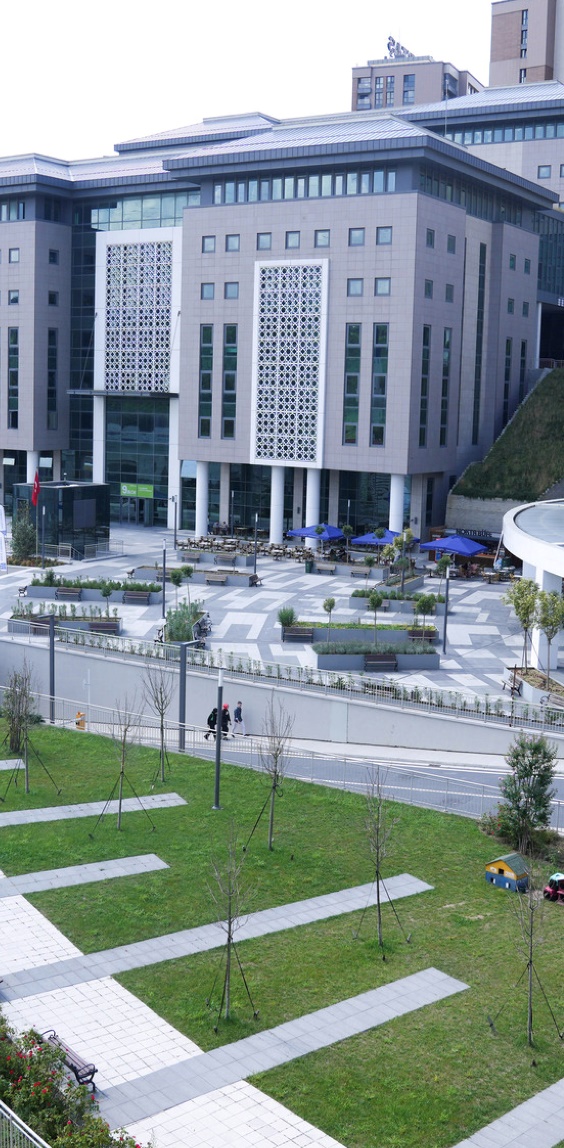
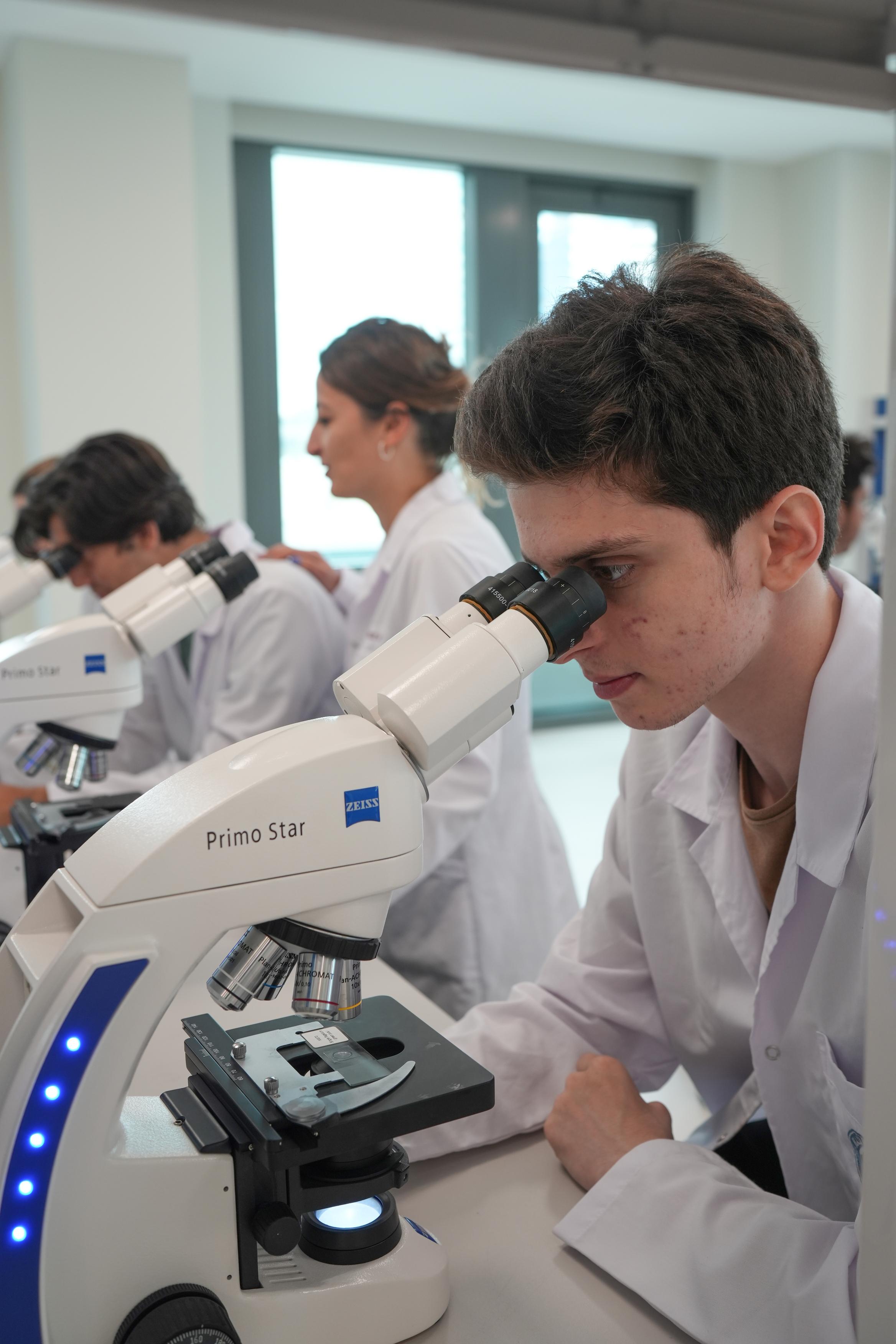
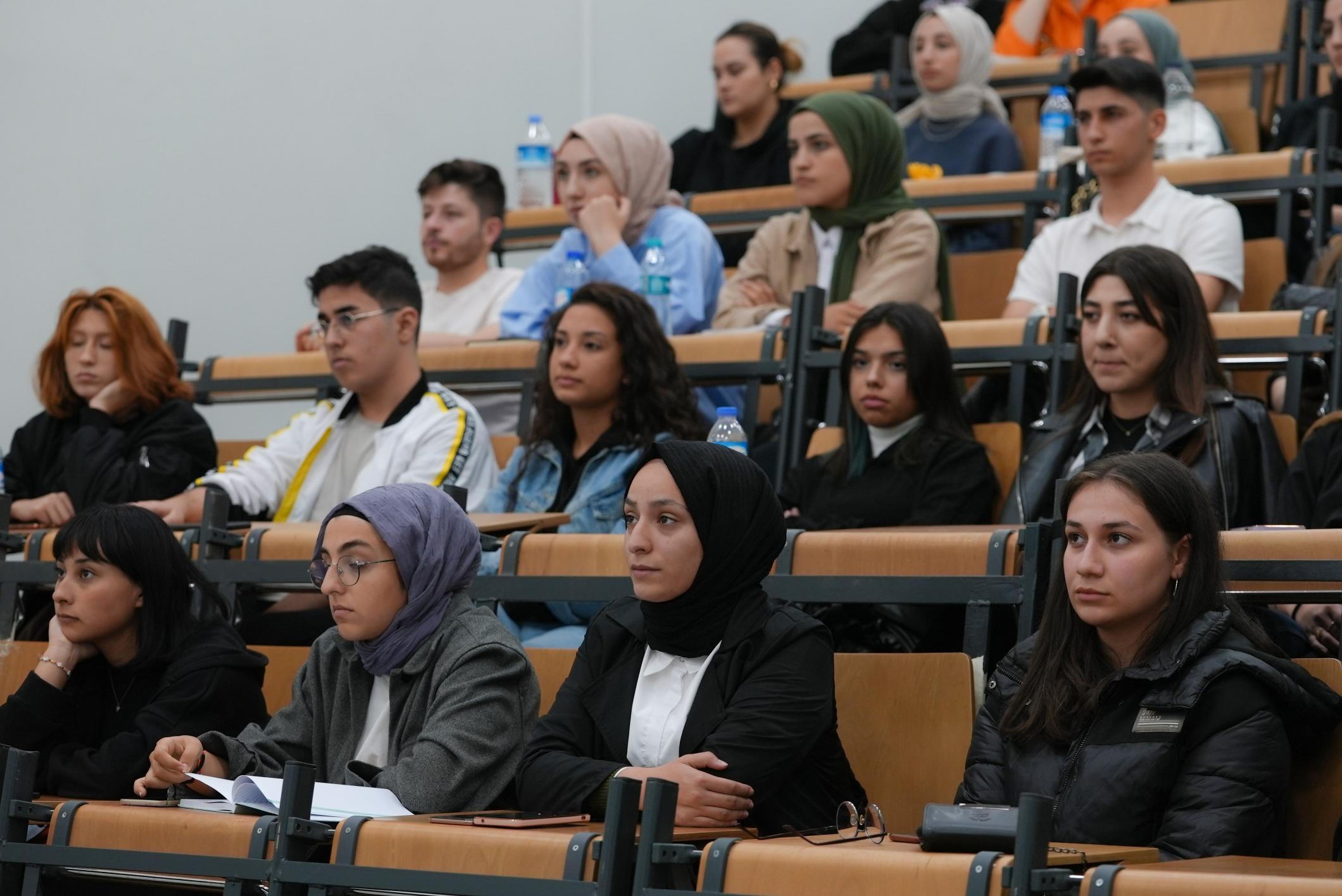
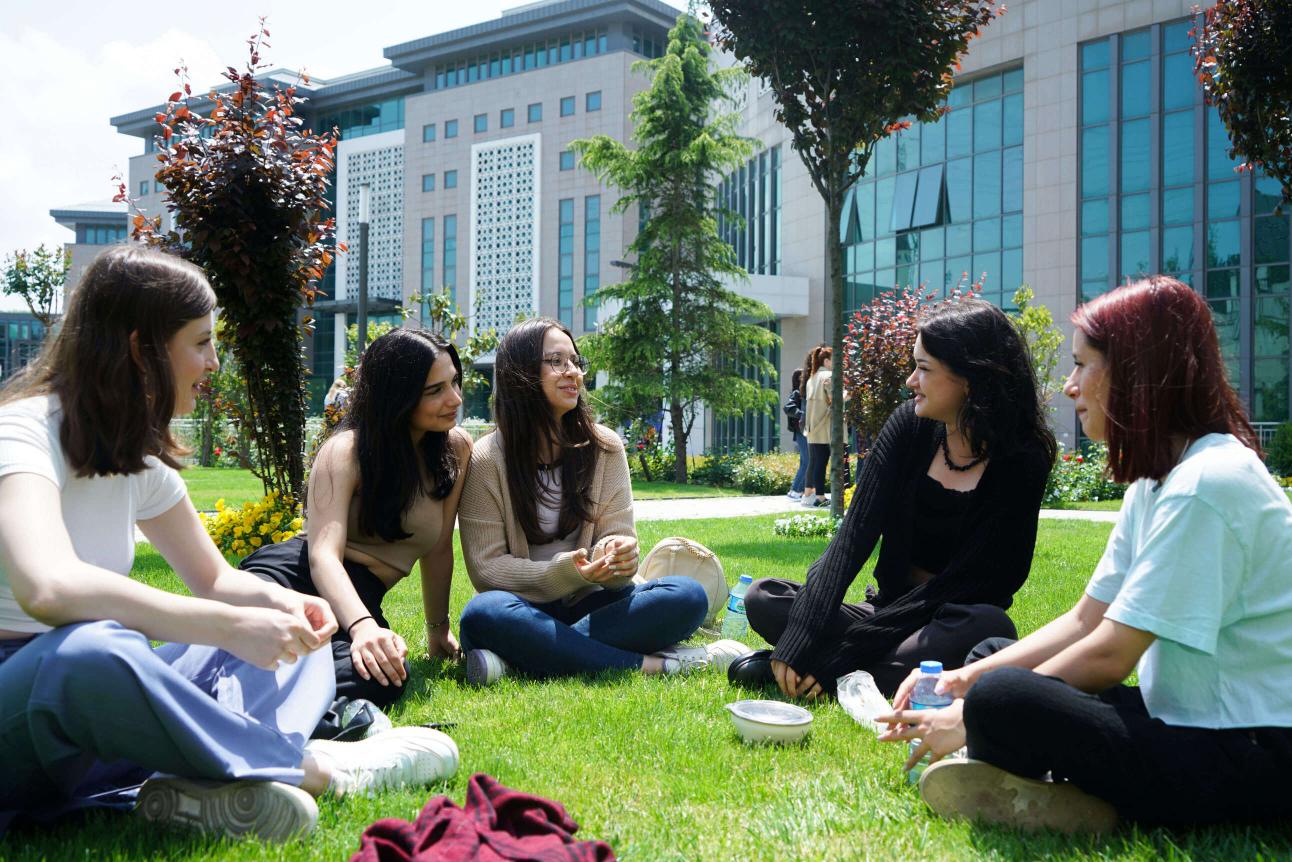
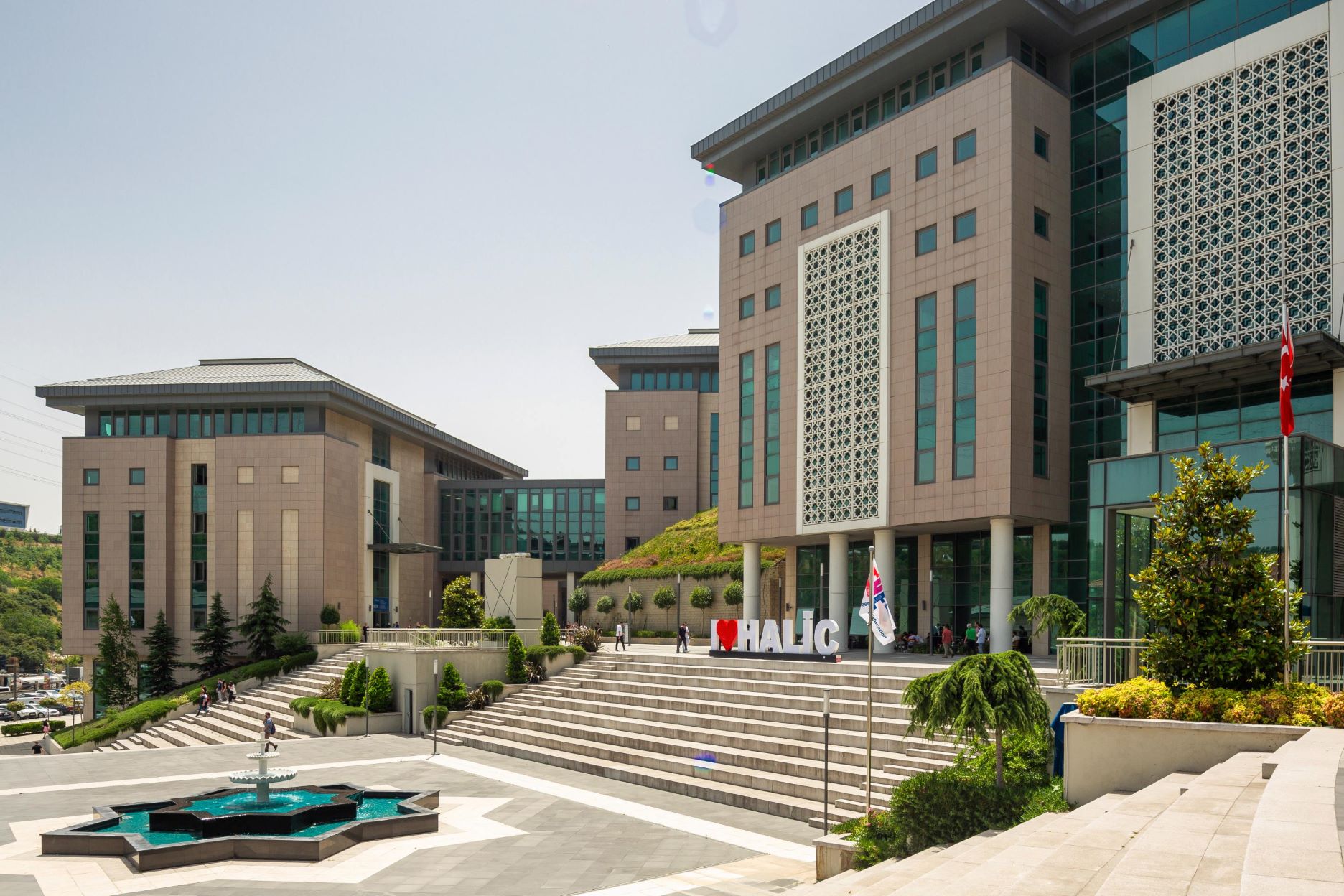


 zeynepfiratezenci@halic.edu.tr
zeynepfiratezenci@halic.edu.tr More Info
More Info